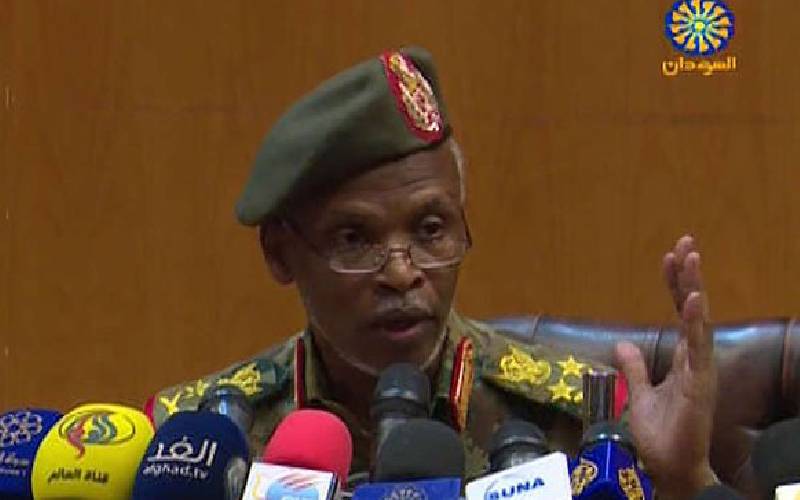×
The Standard e-Paper
Home To Bold Columnists

An image grab shows Lieutenant General Omar Zain al-Abdin, the head of the political military committee assigned by the chief of the new military council, addressing a press conference on April 12, 2019 in Khartoum. [AFP]
Sudan's ousted President Omar al-Bashir, who is wanted by the International Criminal Court on charges of genocide and war crimes, will not be extradited, the country's new military rulers said Friday.